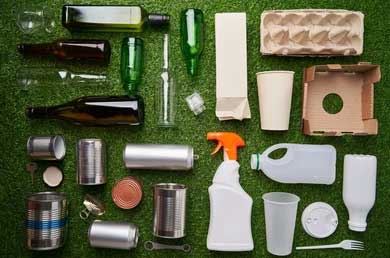Material Selection for Plastic Components: A Consultant’s Perspective
Choosing the right plastic for a specific component is not a matter of guesswork. It involves careful consideration of physical, mechanical, thermal, and chemical properties, all weighed against cost, manufacturability, and end-use performance. For manufacturers and product developers, engaging a polymer consultant at the material selection stage can reduce long-term costs, improve reliability, and drive innovation.
At Industrial Chemistry, our polymer consulting services are built on real-world industry experience, scientific rigour, and hands-on engagement with complex plastic and polymer challenges. We assist South African and international clients in navigating the intricacies of plastic material selection, helping them optimise product development from concept through to production. See our list of Services.







